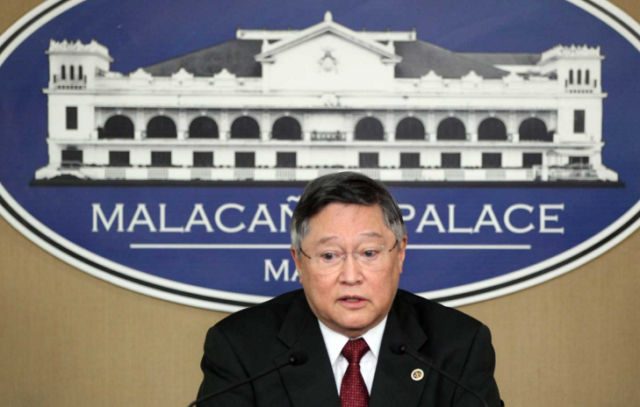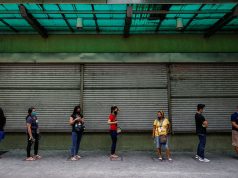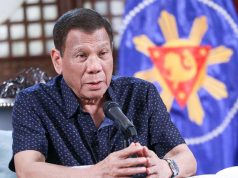
MANILA – The Department of Finance (DoF) wants the tax reform bill signed by President Rodrigo R. Duterte by mid-December, with roughly two months left for Congress to finalize the measure ahead of its planned implementation by 2018.
In a statement, Finance Secretary Carlos G. Dominguez III said he is now eyeing the signing into law of the tax reform plan by Dec. 15, which is two months behind the original October target.
On Wednesday, the Senate Committee on Ways and Means approved its version of the first tranche of the comprehensive tax reform package submitted by the Executive under Senate Bill No. 1592, which introduced rates different from those prepared by the DoF and the House of Representatives.
Senate committee chairman Juan Edgardo M. Angara eventually opened the discussions on the bill at the plenary, where the provisions of the measure will be vetted and possibly tweaked yet again before it can secure second and third reading approvals from the chamber.
The bill exempts the first P150,000 annual taxable income and raises to P250,000 annual exemptions for taxpayers with four children. The bill also retains the P82,000 tax exemption for 13th month pay and other bonuses and the maximum P100,000 additional exemption for up to four dependents.
This is different from the Tax Reform for Acceleration and Inclusion (TRAIN) bill forwarded by the DoF to the Legislative in January, which exempts income earners making P250,000 or less annually.
The DoF initially looked to raise P157.2 billion via their proposal, although the Senate version sought to preserve some P133 billion in net revenues which was provided for under House Bill 5636 passed in May.
“We hope the Senate will pass the TRAIN on third reading before going into recess in mid-October, the bicameral conference to conclude in November, and the President to sign the bill into law by December 15, 2017,” Mr. Dominguez was quoted as saying.
“This schedule will allow us to implement the tax reform on January 1, 2018, so that the benefits of the reform can be felt at the soonest possible time.”
Once the Senate passes the measure on third reading, it would now have to sit down with the House to come up with one final measure which must be ratified by both chambers before it can be sent to President Rodrigo R. Duterte for signing into law.
International credit raters have cited the need to overhaul the Philippine tax system as its rates are among the highest in the world, which hampers the ease of doing business in the country.
The fresh revenue stream from the new tax measures are likewise crucial in funding the P8.4-trillion infrastructure plan under the Duterte administration, which will be implemented over the next six years to 2022.









